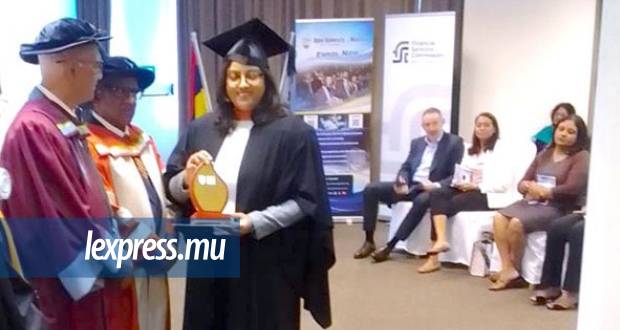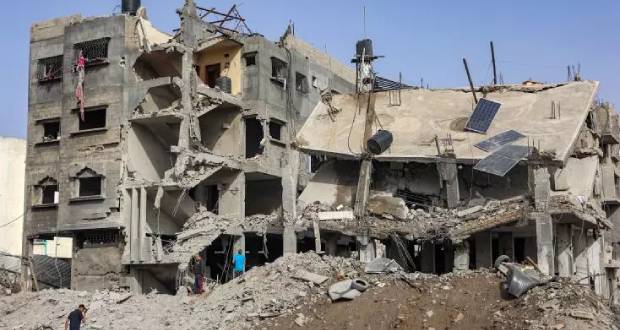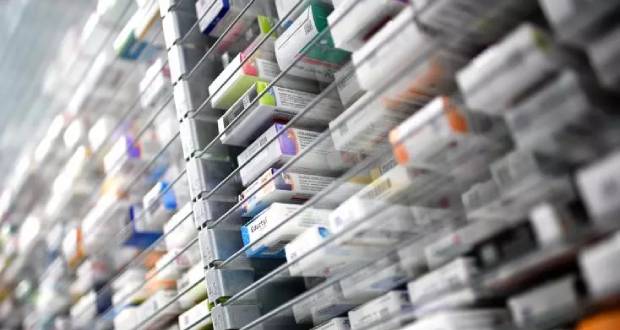Publicité
Post-Covid-19: Building a more resilient, inclusive and positive nation
Par
Partager cet article
Post-Covid-19: Building a more resilient, inclusive and positive nation

Last week we discovered suddenly the vulnerability of our small island Mauritius. Despite being so open to the world, we thought the Covid-19 calamity could only happen elsewhere. We had to face a common invisible enemy, shelter our employees and families, address business challenges and risks – thinking that we would be able to recover soon. We were not prepared to deal with this tragedy, get our children to forget about innocence and consider that breathing in a confined area could be risky. Within a week, we had to witness a widespread transmission across the country, trust official data and governance, contain safety while the next phases of the outbreak were kept profoundly uncertain.
However, based on history and global trends, during times of crisis, existing conceptions about the economy are challenged and new ideological trajectories may arise:
1. Government and public services will play a bigger role. Trust in public institutions will require credible expertise and big data over self-serving politicians. The coronavirus has shown us that what did not seem possible yesterday suddenly became possible: utilities were not turned off for people with late bills; even Internet for the first time is treated like a public good. This legitimizes a natural shift in the focus of economic policy towards inequality, marginal population and distribution questions, in line with Piketty’s school of thought.
2. Orthodox solutions to public debt and government bailouts will have to be reviewed in favour of public ownership plans to reinvest massively in civil infrastructure, education, health and housing. The concentration of wealth and economic power will be questioned with public advocacy towards progressive wealth taxes put into practice. In the short run, expanding health care capacity may require turning hotels, barracks, possibly schools and universities into ICUs, and converting selected manufacturers hit by a fragmented international supply chain into sanitary supply makers.
«Technology and social media will play a key role in citizens’ empowerment, holding government more accountable for its decisions.»
3. Technology will impact positively on our lives with regulatory barriers to online tools falling. The future of work will change drastically, with telecommutes and online conferences becoming the new normal. While a number of jobs will certainly disappear in the manufacturing and hospitality industries, we will see refocused agility and efficiency. A new breed of hightech entrepreneurs will emerge, creating strong borderless ecosystems and creating new e-business models around supply chain, education, healthcare and entertainment industries. In the same manner, technology and social media will play a key role in citizens’ empowerment, holding government more accountable for its decisions.
4. A new global economic order will emerge whereby political alliances will be forged between Eurasia, Asia and Africa, in the form of regional financial institutions, questioning the “west-centric” development model. In this arena, the future of Mauritius will focus on existing bilateral trade relations, shaping a new multilateral system based on social justice and playing a stronger leadership role in the region.
5. A real kind of patriotism will emerge where we will start honouring a new breed of war heroes from doctors to social workers, the ones who have always put purpose as a key vector for happiness. We will also see a rebirth of the patriotic duty of working for the government. Our sense of belonging will be based on our ability to understand and promote noble universal values, gratitude, respect, compassion and collaboration at school, work and home.
The coronavirus shows that globalization has created much greater interdependencies than humanity knew in the past. The disruption is real: economic growth will be maintained at a slower but healthier pace, if followed by the right policies. Through community building and patriotism, we shall build a more resilient, inclusive and positive nation.
Lillka Cuttaree, Director, KIP Center for Leadership.
Publicité
Les plus récents






